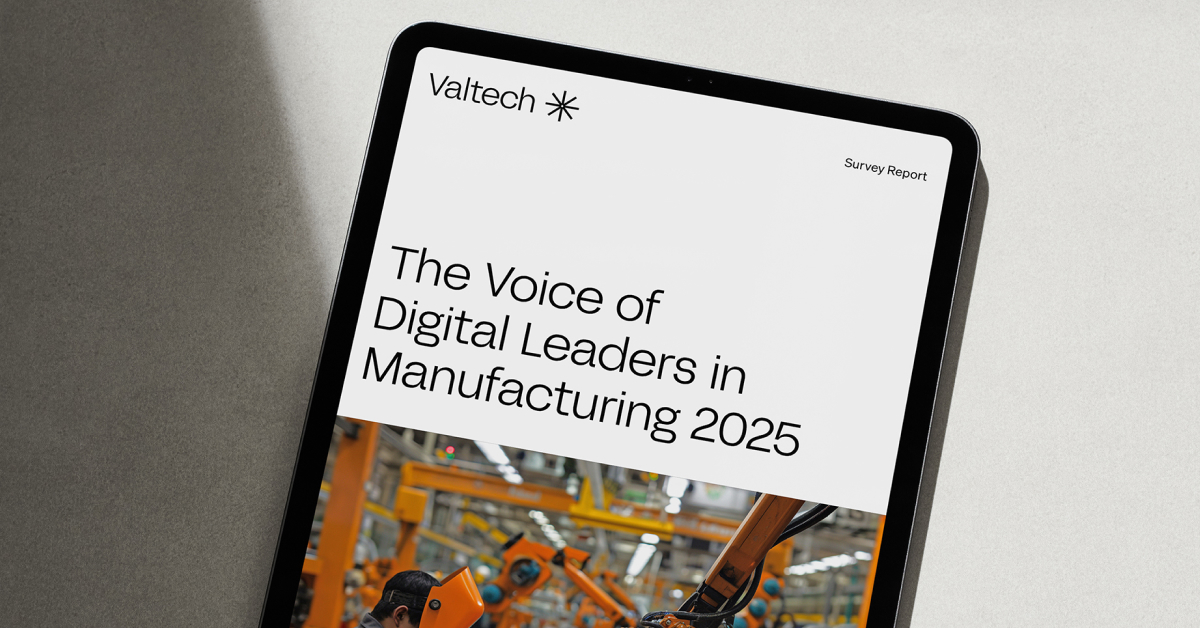Led by Janaka Fernando, our VP Practice Principal for Optimizely and an OMVP (Optimizely Most Valuable Professional) with over 14 years of expertise, the session featured insights from two of our most valued customers: Jill Gutterman, Chief Experience Officer at CompTIA, and Scott Cohn, Director of Marketing at Dot Foods.
For 20 years, Valtech has partnered with Optimizely and developed deep knowledge across all Optimizely products. Valtech is Optimizely’s first Global Solution Partner with tested knowledge and expertise across the entire Optimizely suite.
10 key takeaways from the session:
Understanding the strategic role of Optimizely
This session underscored the importance of viewing Optimizely as more than a tool, but rather a bridge between technical functionality and marketing objectives, driving measurable outcomes through experimentation and personalization. By leveraging its capabilities, organizations can blend data-driven decision-making with creativity to enhance user experiences.
Streamlining complex operations with composable architecture
The flexibility of Optimizely’s composable architecture empowers businesses to adapt to changing market demands. By allowing organizations to integrate only the components they need, composable architecture reduces complexity while maintaining agility. This modular approach simplifies the integration of intricate systems like legacy databases, ensuring that the platform evolves alongside business needs without unnecessary complication.
Prioritizing cross-departmental collaboration
Successful technology adoption requires collaboration between IT, marketing and operational teams. Establishing a shared vision ensures alignment across departments, fostering smoother implementation and better utilization of the platform’s features. A united approach minimizes resistance to change and encourages innovative problem-solving during the transformation journey.
Overcoming integration challenges
Integration challenges remain a critical concern for organizations adopting new platforms. This session emphasized the importance of evaluating how Optimizely interacts with existing tools like Salesforce, Microsoft Dynamics or bespoke systems. Open APIs and a robust integration framework can mitigate these challenges, enabling businesses to synchronize workflows and ensure data consistency across the board.
Creating a roadmap for transformation success
Transformation thrives with a well-structured roadmap. The session explored the need to:
-
Begin with a clear understanding of business capabilities and objectives.
-
Set measurable goals for each phase of the implementation.
-
Identify quick wins to build momentum while working towards long-term outcomes.
Breaking the transformation journey into manageable stages ensures that progress is visible and stakeholders remain engaged.
Fostering organizational change management
The group discussed the need to create a comprehensive plan to guide employees through change. It’s not enough to launch a new platform or product; businesses must ensure that teams are prepared, engaged and supported throughout the transition. Building trust, actively listening to feedback and adjusting processes based on real-time experiences makes all the difference in achieving long-term success.
Prioritizing people and culture in transformation
The session also highlighted the importance of people and culture. Building an environment where employees have a voice, can share feedback and are given the space to influence the direction of change fosters trust and reduces resistance. It’s a reminder that true digital transformation doesn’t only happen through technology, but through aligning people with the vision.
Embracing flexibility in the face of change
There is a constant need for adaptability in any digital transformation journey. Businesses should expect their market conditions, organizational goals and even the tools they use to evolve over time. While having a solid roadmap is essential, organizations must remain flexible and be willing to pivot when necessary. Whether it's adjusting the timeline, reassessing goals or incorporating new technologies like AI, maintaining agility is key to keeping up with the rapid pace of change.
Leveraging AI for the future of personalization
The discussion also touched on how AI is revolutionizing the future of personalization. From predicting customer needs to personalizing interactions at scale, AI will play a pivotal role in shaping how businesses engage with customers moving forward. Integrating AI tools into the transformation strategy allows organizations to stay ahead of the curve, offering personalized experiences that are more relevant and impactful than ever before.
Overcoming silos for organizational alignment
The session also highlighted the importance of breaking down silos to ensure alignment across teams. By fostering a culture of collaboration and shared ownership of the transformation process, organizations can ensure that the right decisions are made at every level, leading to more cohesive execution. Listening to diverse perspectives from across departments also ensures that the technology and strategies implemented will address the true needs of the organization.
Valtech’s deep expertise in digital transformation, integrations and personalization empowers organizations to unlock the full potential of platforms like Optimizely. We help businesses navigate the complexities of modern technology stacks, ensuring they remain agile and ready for the future.









